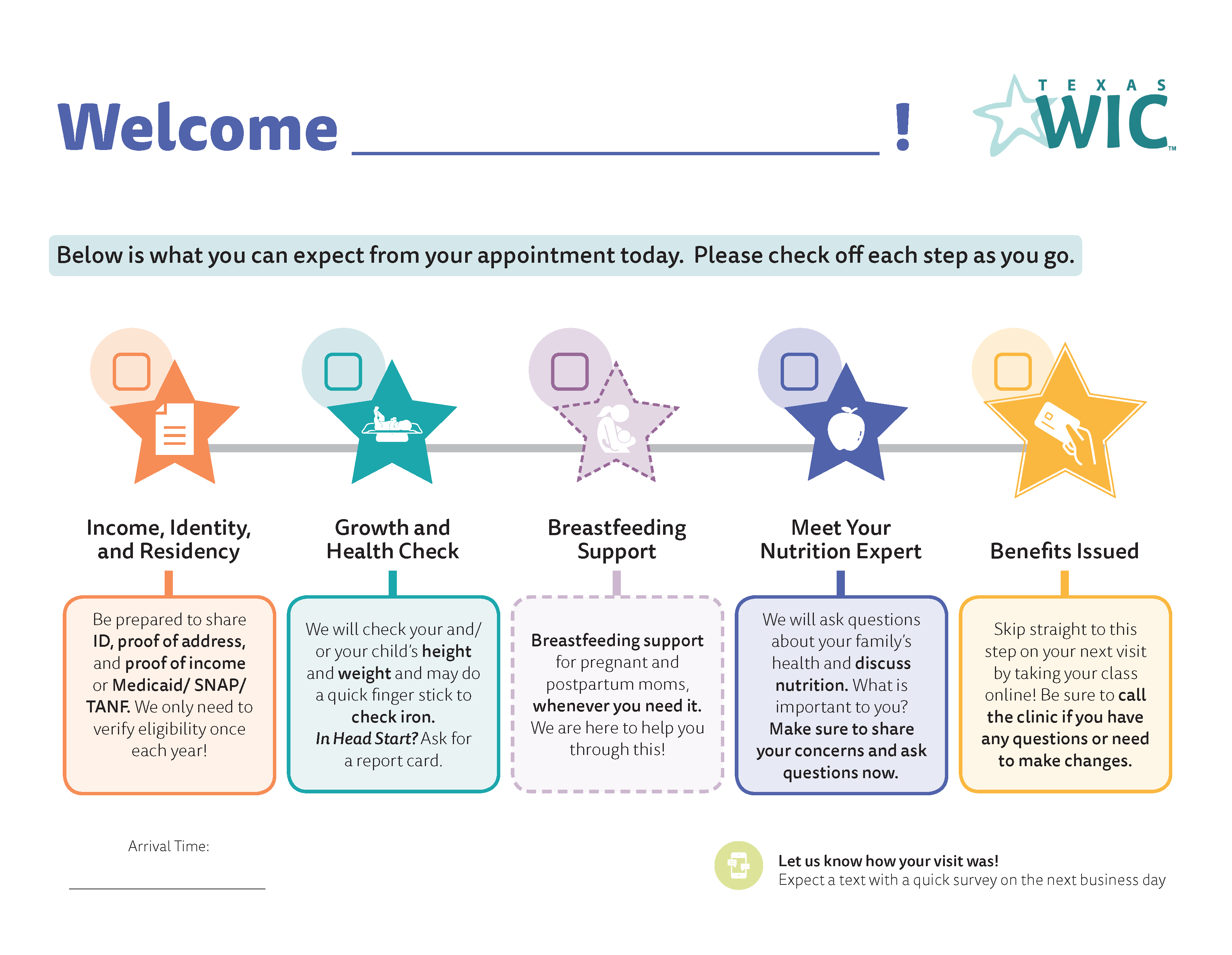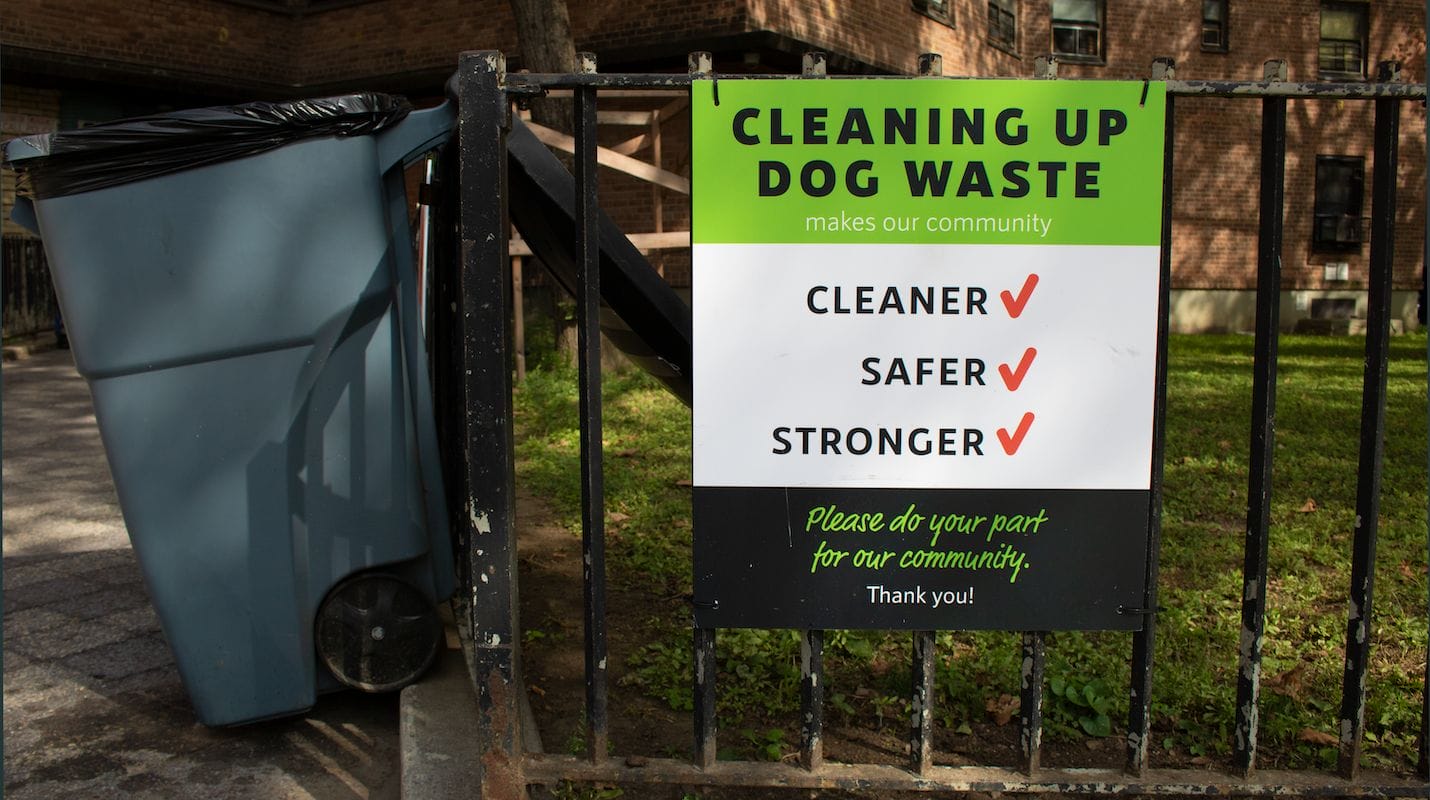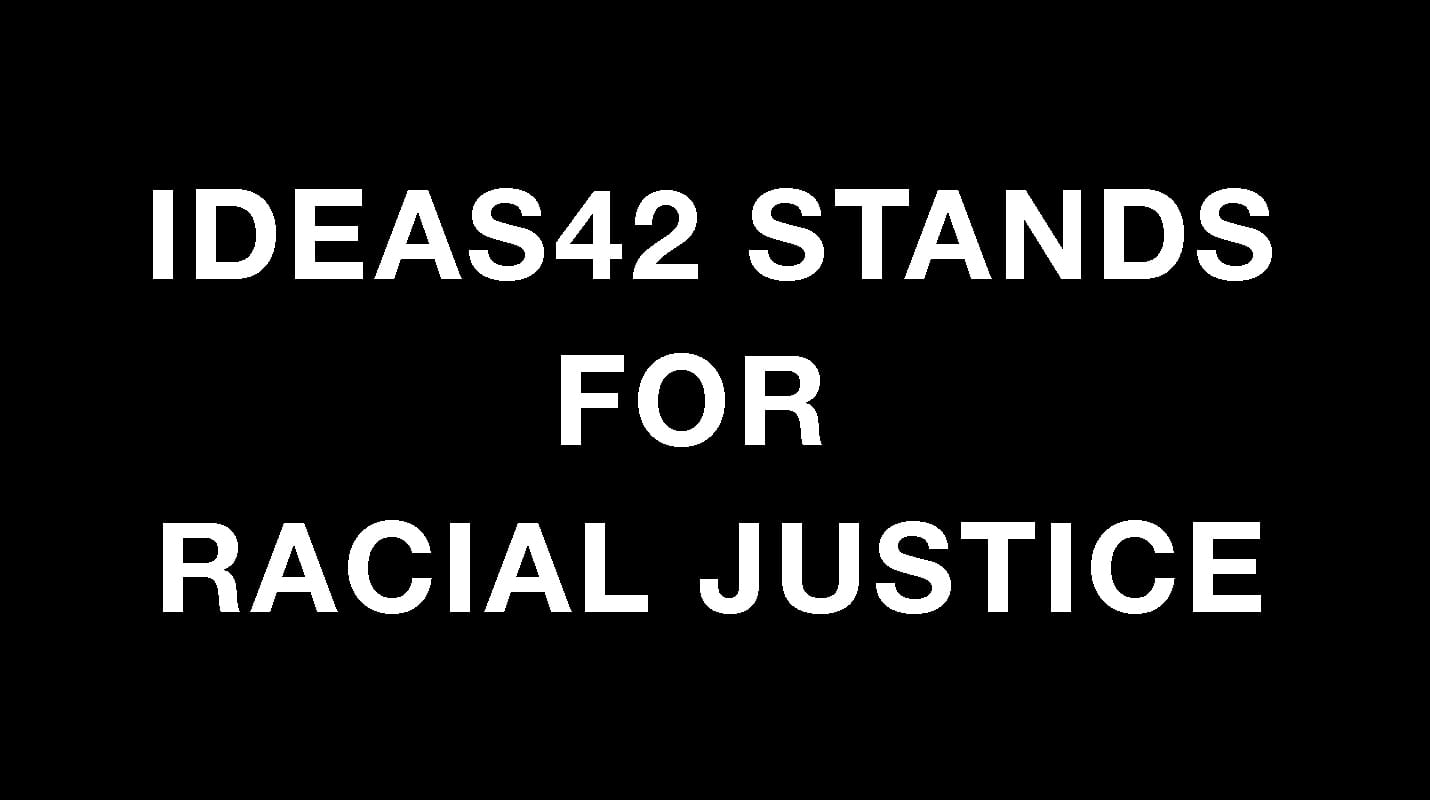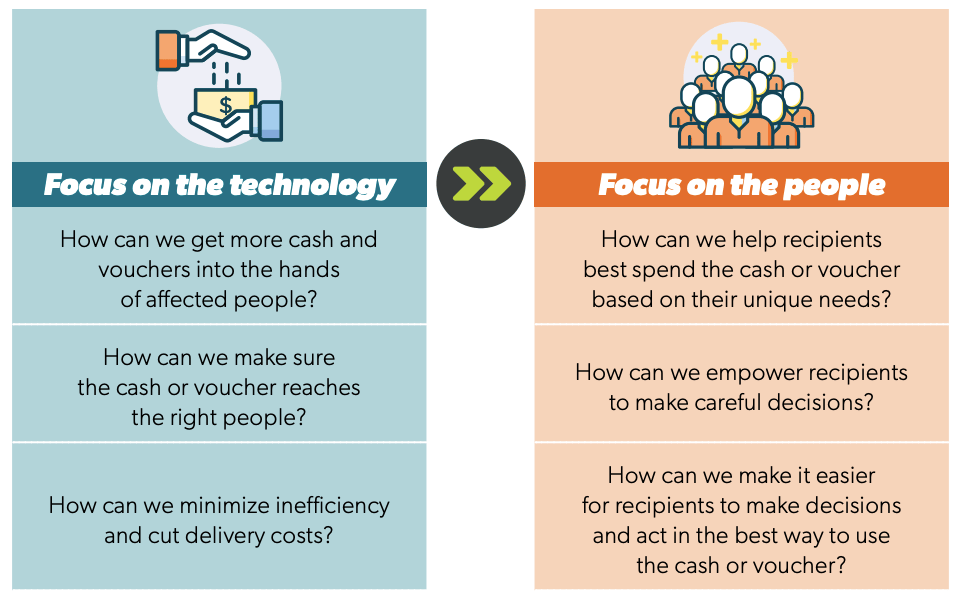
De-biasing the Process to Drive Diversity in Tech Entrepreneurship with Ventures for Shared Prosperity
by ideas42
Like so many of the world’s innovators, when Janica Alvarez became fed up with a terrible product, she invented a better one, in this case a breast pump. Her smart pump enables faster, more comfortable pumping, and allows mothers to track their output. Breast pumps hadn’t been improved in years, and there was strong demand […]











